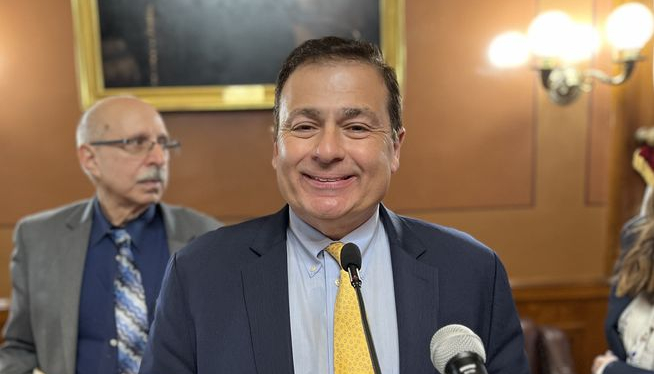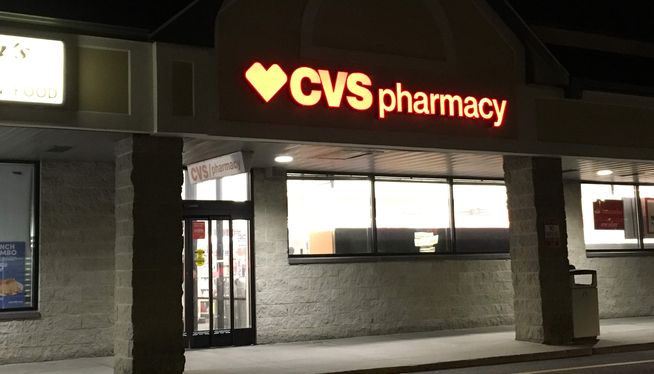
PROVIDENCE, R.I. (AP) — Rhode Island representatives overwhelmingly approved a bill Tuesday designed to make it easier to convert office buildings, schools, churches, shopping malls, mills and other commercial real estate into housing.
The measure would encourage the development of high-density residential developments without the need to go before a municipal planning board for a zone change. The legislation does not eliminate the municipal review and permitting process for such developments, according to backers.
The bill would also ban cities and towns from mandating more than one parking space per apartment in the conversion projects while also allowing developers to build additional units if they include affordable housing.
The bill was approved on a 69-2 vote in the Democratic-controlled chamber with GOP Reps. Patricia Morgan and Barbara Ann Fenton-Fung casting the only votes against the proposal.
“In Pawtucket, we have had great success in repurposing our old mill and factory structures into new housing developments and I believe similar successes would be seen across the state with the passage of this legislation,” said the bill’s sponsor, Democratic Rep. Karen Alzate.
The legislation is part of a 14-bill package unveiled by Democratic House Speaker Joseph Shekarchi last month aimed at spurring the development of new housing.
The Rhode Island Republican Party criticized the bill, saying it would override local control. They also questioned whether it would benefit clients of Shekarchi’s law practice.
Shekarchi said in a statement that the bill “does not impact any of my current or past clients,” noting it would not go into effect until Jan. 1, while pointing to what he called a severe housing crisis in the state.
The House passed another bill Tuesday that would create a “transit-oriented development” pilot program with the aim of encouraging denser housing developments around transit hubs. The bill, which passed on a 68-1 vote, is also part of the housing package.
The bills now head to the Senate.
A growing number of developers nationwide are considering converting empty office towers into housing as part of an effort to revive struggling downtown business districts that emptied during the pandemic.
Many civic and political leaders see these conversions as a potential catalyst to bringing new housing to these dormant neighborhoods and, with that, restaurants, shops and other businesses serving new residents.
Supporters of the initiatives also hope to diversify neighborhoods with much-needed housing that is affordable to low- and middle-income residents.












